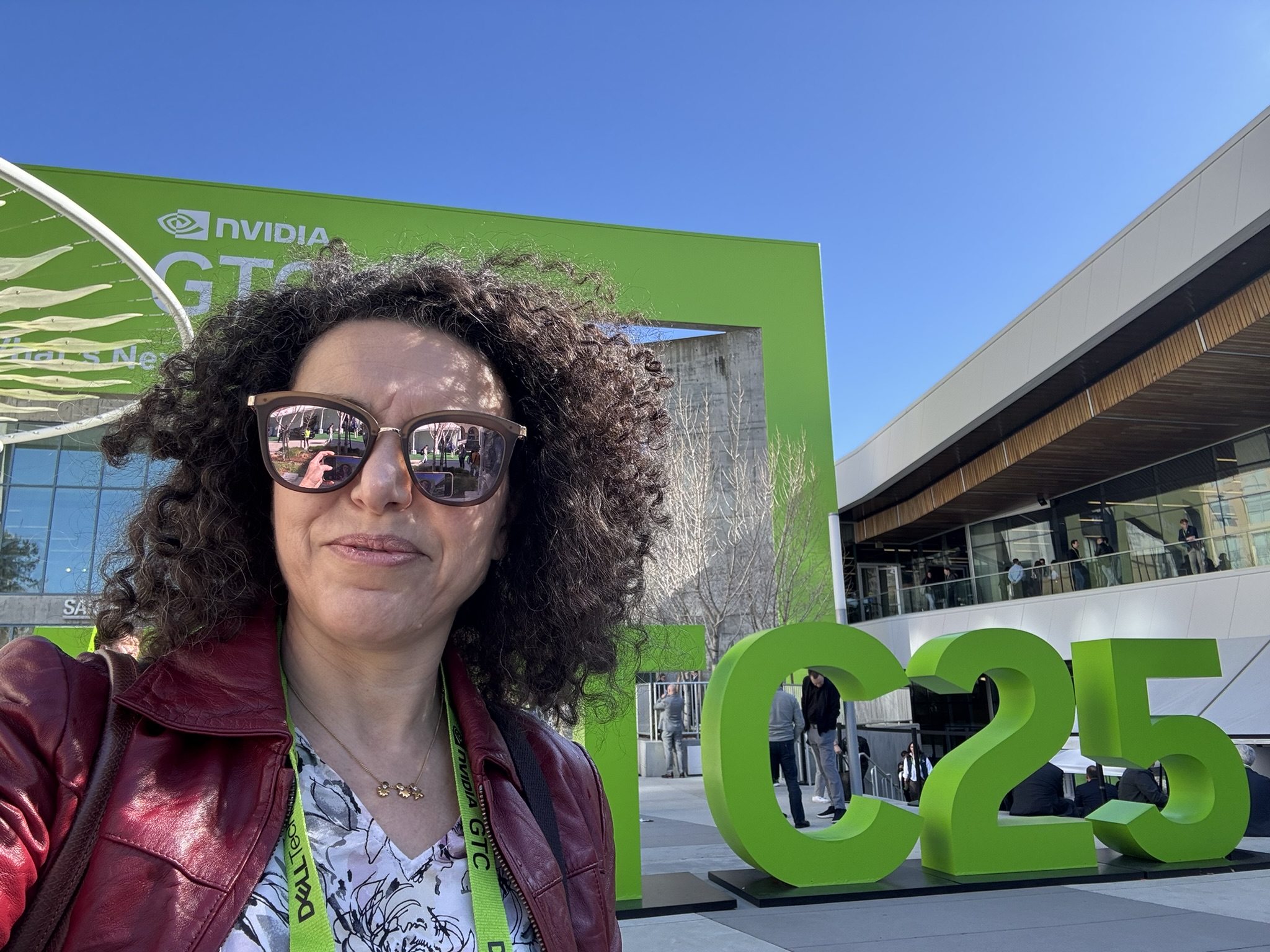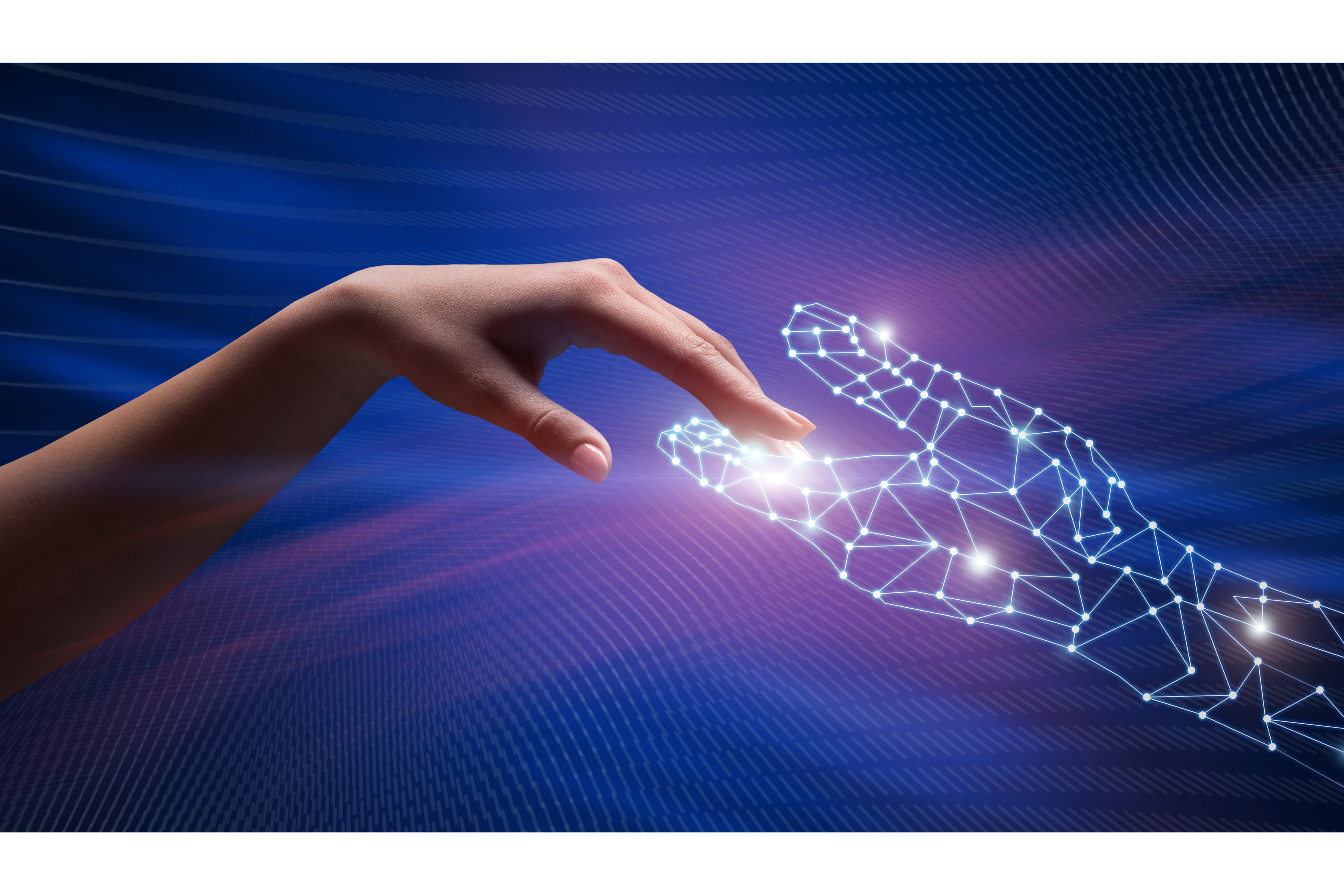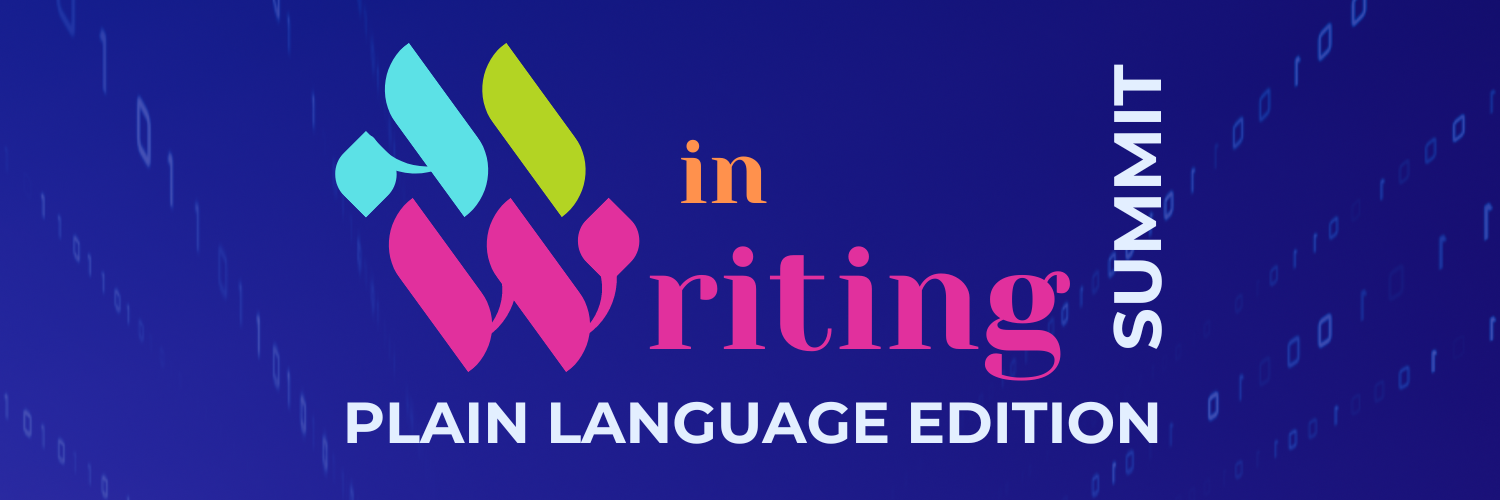The Future of Being Human: 5 Trends Shaping Our Journey
In an era of rapid technological advancement, it’s crucial to stay informed about innovations that will shape our future. Recently, I’ve been thinking a lot about areas where technology is poised to revolutionize our lives, work, and society as a whole. Here are five ley points:
1. Enhanced Cognition: The Merger of Mind and Machine
The integration of digital and biological neural networks represents a frontier in cognitive enhancement. This fusion can dramatically amplify human cognitive capabilities, potentially revolutionizing how we process information, learn, and solve problems.
While the prospects are exciting, we must carefully consider that:
• The integration of digital and biological neural networks remains a challenge [1]
• Potential for enhanced information processing needs to be accompanied by enhanced emotional processing (what’s the saying… Anyone can be a boss, but not everyone is a leader)
• The pillars of learning as set out Stanislas Dehaene [2] would still apply (We can’t really become helicopter pilots like Trinity in The Matrix [3], at least yet)
Understanding this trend could open new avenues for exploring themes of human potential and the ethics of cognitive enhancement in our work.
2. Real-Time Language Translation: Building Bridges Across Global Barriers
Hey, I’m a translator and I do believe AI can totally lower barriers for practical aspects.
The caveat here is that different grammars literally see the world differently [4], and while translation can always occur, it is incredible how much more you can understand from parsing the world through different grammars.
3. Augmented Reality and the Metaverse: Redefining Human Experience?
The rise of augmented reality (AR) and metaverse technologies promises to revolutionize entertainment, education, and social interaction. These immersive technologies offer new platforms for storytelling, content delivery, collaboration, and learning.
We need to balance virtual experiences with real-world engagement (I’m thinking of the profoundly sad story here of the Korean baby left to die [5] by parents who lost track of time in hyperspace.
I’m not a radical embodiment [6] person, but embodiment [7] is a huge factor on how we do, perceive, and value life.
4. Advanced Health Monitoring and Medical Interventions
The intersection of AI and healthcare is ushering in an era of personalized, proactive health management. From early disease detection to tailored treatment plans, technology is reshaping the healthcare landscape. I’ve been impressed with Caristo diagnosis of heart disease [8] and the Chilean project for over-the-phone detection of COVID-19[9].
Of course, access to care for an open source diagnosis approach might require redefining ideas about our economy though, at least the current conceptualization of growth.
5. Human-AI Collaboration and Collective Intelligence
The synergy between human creativity and AI capabilities is giving rise to new forms of problem-solving and decision-making. This collaboration is already helping address complex global challenges and drive innovation across industries [10].
I just finished Yuval Noah Harari’ Nexus [11] with some interesting references to human networks and intersubjective reality—despite being a somewhat repetitive historical read for me. (By the way, two amazingly told stories about much of the same events Harari covers: Irene Vallejo’s El Infinito en un Junco [12], and Imperiofobia y leyenda negra: Roma, Rusia, Estados Unidos y el Imperio español [13], both available in different languages
This collaboration needs to be guided by human-driven principles like human rights, children rights, democracy to just name a few of the biggies…
Conclusion
Lot’s to think about. As responsible global citizens, we must actively participate in discussions about the development and deployment of these technologies, advocating for policies and practices that prioritize human well-being, privacy, and social justice in our increasingly digital world.
References:
1. Nature: “The challenge of linking the human brain to computers”
https://www.nature.com/articles/d41586-019-02214-2
2. Stanislas Dehaene: “How We Learn: Why Brains Learn Better Than Any Machine…for Now”
https://www.penguinrandomhouse.com/books/566214/how-we-learn-by-stanislas-dehaene/
3. IMDb: “The Matrix”
https://www.imdb.com/title/tt0133093/[1]
4. Guy Deutscher: “Through the Language Glass: Why the World Looks Different in Other Languages”
https://www.amazon.com/Through-Language-Glass-Different-Languages/dp/0312610491
5. BBC News: “South Korea: Parents of ‘neglected’ baby girl arrested”
https://www.bbc.com/news/world-asia-39371113
6. Stanford Encyclopedia of Philosophy: “Embodied Cognition”
https://plato.stanford.edu/entries/embodied-cognition/
7. Maurice Merleau-Ponty: “Phenomenology of Perception”
https://www.routledge.com/Phenomenology-of-Perception/Merleau-Ponty/p/book/9780415834339
8. Caristo Diagnostics: “AI-Powered Cardiovascular Disease Risk Prediction”
https://www.caristodiagnostics.com/
9. MIT Technology Review: “AI could help diagnose COVID-19 by listening to your cough”
https://www.technologyreview.com/2020/10/08/1009650/ai-could-help-diagnose-covid-19-by-listening-to-your-cough/
10. McKinsey & Company: “The state of AI in 2021”
https://www.mckinsey.com/capabilities/quantumblack/our-insights/global-survey-the-state-of-ai-in-2021
11. Yuval Noah Harari: “Homo Deus: A Brief History of Tomorrow”
12. Irene Vallejo: “El Infinito en un Junco”
https://www.penguinrandomhouse.com/books/673282/infinity-in-a-reed-by-irene-vallejo/
13. María Elvira Roca Barea: “Imperiofobia y leyenda negra: Roma, Rusia, Estados Unidos y el Imperio español”
https://www.amazon.com/Imperiofobia-leyenda-negra-Estados-espa%C3%B1ol/dp/8416854238





